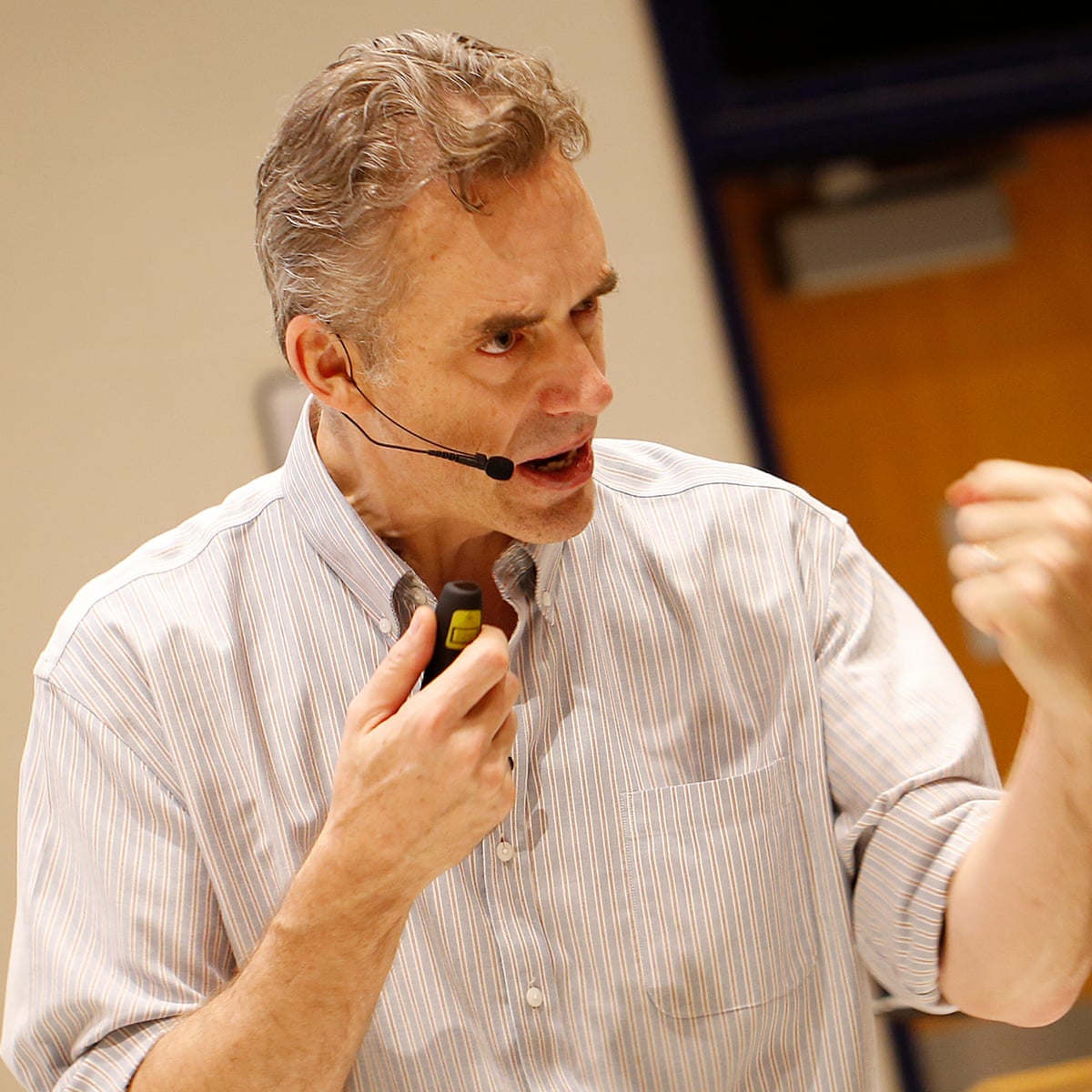
Jordan Peterson is a psychologist and prominent public figure who often speaks on young men’s issues. Whether you agree with his politics, his psychological advice is based on years of research and practice. We will consider a piece of his psychological based advice here.
“A harmless man is not a good man. A good man is a very, very dangerous man who has it under voluntary control… And if you think tough men are dangerous, wait until you see what weak men are capable of.”
Jordan Peterson, via Twitter
Let’s break the quote down and analyze it in three parts.
Table of Contents
Why is a Harmless Person Not a Good Person?
By harmless, Peterson means someone who isn’t capable of asserting themself. Specifically, harmless should be taken in the sense that the person isn’t capable of inciting change in his environment. They might appear to show the traits of “goodness,” and be kind and accommodating, but this is really just because they are afraid and powerless. They can’t do anything else. Inside they are seething, resentful, and bitter.
Peterson takes a Kantian-esq approach to the notion of “good.” He says it is defined less by the results of the action, and more by the intentions. Thus a weak person might be outwardly accommodating but inwardly his intention is just one of fear. Fear is not a morally good intention. In contrast, a good person is one who could do harm but chooses to be kind and helpful because they wants to help. They bear no resentment for their actions after the fact.
Peterson often speaks about the perils of high levels of agreeableness. He himself admits to being high on this trait. Those who are agreeable are more likely to be taken advantage of, as they tend to compromise and avoid conflict.
In a sense, a person who is very agreeable and not willing to take steps to learn to protect themselves, is harmless and not good. They just compromise to whatever force comes their way.
A Good Person is Dangerous
In this context, dangerous means capable. A good person in dangerous in the sense that they can bring about any result they desire. Thus, the good person is capable of bringing about good or bad, but chooses to bring about good.
Peterson believes one of the foremost ways to be dangerous is to be verbally skilled. He has mentioned that there were incentives to “take him down” in the past, but he was able to counter these attempts because of his verbal skill.
The concept of dangerousness also has to do with the Jungian shadow. The shadow is a compilation of all the things you repress. For example if you understand the shadow, you understand part of the characteristics that brought about terrible things like the Nazis. They drew upon things like the need for superiority, conformity, and purpose. These were things the German people wanted because of their country’s history. But those desires were twisted and put to bad use.
Everyone has some element of these inner desires that can go wrong. But these drives are a source of power if understood and controlled. If you recognize repressed desires in yourself you can channel them. They can drive you into productive competition. It can help you develop a useful skill. It can help you become a member of a group.
But if you don’t recognize the desires, they will leak out in many ways and seek fulfillment on their own.
Nothing More Dangerous than a Weak Person

Weak men who cannot get their way become resentful. Resentment snowballs into bitterness and violent outbursts against those who are weak. In a sense, weakness leads to more predatory behavior.
Danger has a slightly different meaning here. Dangerous means capable of bringing about change, but in a morally undesirable way. Nothing is more dangerous to society than a weak person, as they can take violent actions that destabilize everything in an unhelpful way.
Examples of this are modern school shootings. Weak men don’t feel valued by society. They don’t feel they have a purpose. Once “rejected,” instead of changing and adapting they seek revenge. They seek attention, in what they perceive to be the last available way.
As we discussed earlier, when these neutral desires for superiority, attention, meaning, and significance aren’t controlled, they come out on their own. Instead of the weak person realizing they want to feel significant, they bury that need. They aren’t willing to confront the concept that they aren’t good enough, and must improve. Then the desire comes out in an unproductive way, when they shoot everyone.
In contrast, that desire for significance could have fueled a journey towards being a life saving surgeon or a world class fighter.
Characteristics of a Weak Person
- Desire to play the victim and blame others. Not willing to focus on taking up responsibility.
- An unwillingness to assert oneself in a situation.
- Lack of competence at desirable tasks.
- Lacking verbal skills like the ability to debate or persuade.
- Cowardice, usually manifesting in fearful behavior or excuses.
- Unwilling to look at himself and recognize his flaws and unmet desires. Not willing to look into his shadow.
How to Stop Being a Weak Person
- Take responsibility. People choose to focus on how the world hurt them or how they could have been better. The essence of taking responsibility is choosing to focus on how you could have made a situation better, even if the action would have been minor. It might not have changed the outcome but taking back your power begins with accepting your own inadequacies. If you find yourself getting resentful, ask “what could I have done better in this situation?” This solution is surprisingly difficult yet extremely effective. It acts as a kind of guide map to rid yourself of weaknesses.
- Dare to look inward. To improve you must be aware of your inadequacies. Think about the people or characters you idolize. Those individuals embody some value you have or want. List the traits of those you look up to. Do you have those traits? Choose one and focus on developing it.
- Develop those traits you value, but don’t have. If you don’t know which ones to start with, consider developing the ability to debate, argue, and persuade. Figure out how to start conversations and network.
Similar Articles
Responding to Toxic Coworkers, People.
Shadow Integration. How to develop your personal power by understanding the parts of yourself you don’t like.
Stop People from Controlling You.
